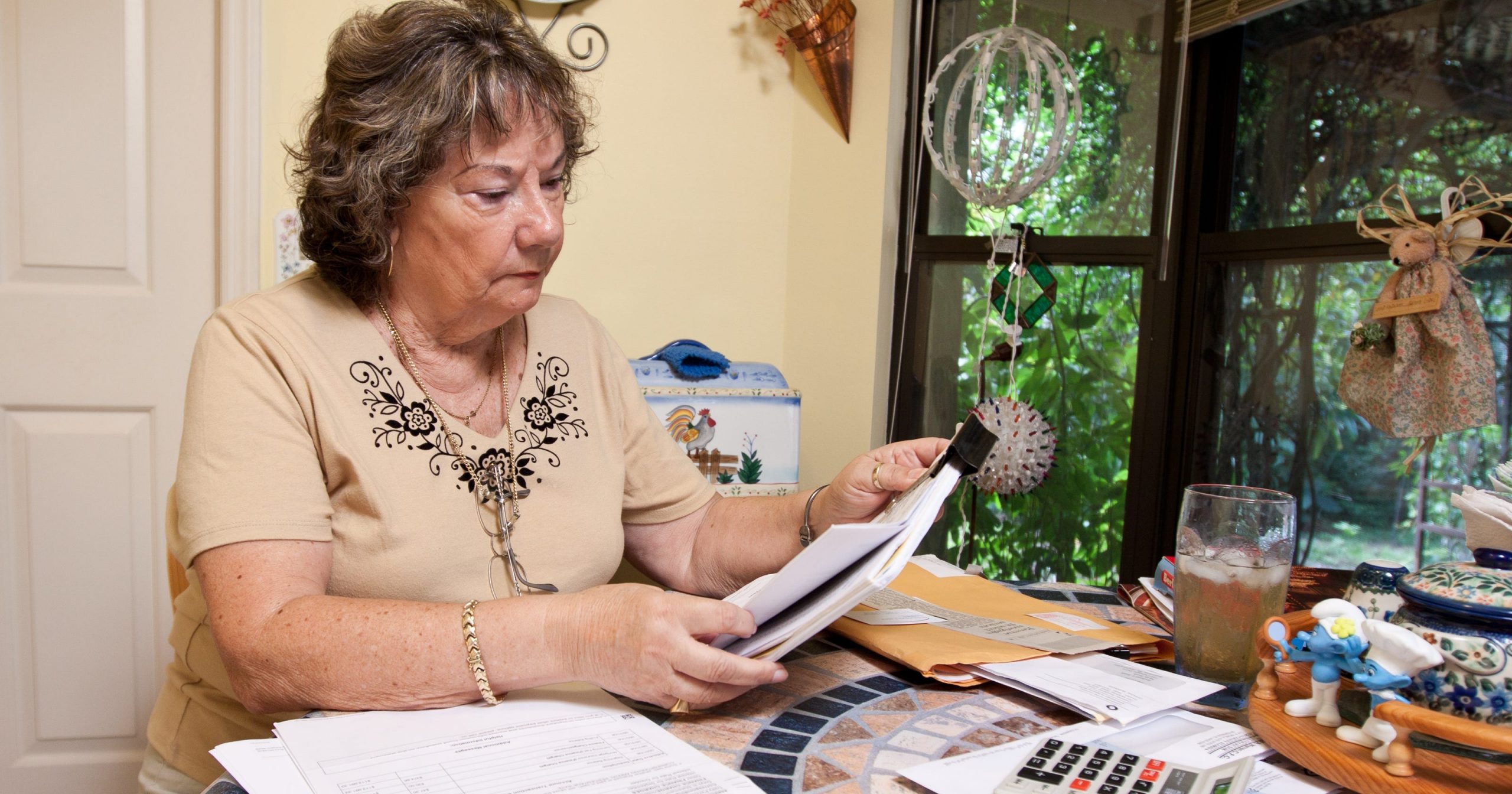As one gets older, it can be more difficult to cover living expenses. This is especially true for senior citizens who may rely on a fixed income to survive. One solution to the money problems of a senior citizen may be a reverse mortgage.
What Is A Reverse Mortgage?
A reverse mortgage is available to people who are at least 62 years old and have sufficient positive equity in their homes. A lender can then give the home owner the equity built up in the home as either one large cash payment, monthly payments, or even as credit which can be used whenever the home owner wishes to use it. The money is considered a loan and interest on the money paid out during the reverse mortgage will also be added to the principal.

What Happens If The Home Owner Sells Or Leaves The Home?
If the home owner sells the home the principal of the reverse mortgage and the interest of the reverse mortgage will be due to the lender. If the home owner must leave the home to go to assisted living the loan and interest would have to be paid off. If the home owner has no way of paying off the principal and interest due, the home can be foreclosed on by the lender and sold.
What Happens If The Home Owner Dies?
If the home owner dies before the loan is repaid, the repayment of the loan will be the responsibility of the estate. If the lender isn’t paid they can take possession of the house and sell it. However, the lender can only ever ask for what is owed in fees, principal, and interest or the amount the house sold for, whichever of these is the least amount. If the lender takes control of the home and the house sells for less than what is owed, they can’t pursue the estate for the rest.

Is A Reverse Mortgage Safe For Seniors?
A reverse mortgage can be a safe way for seniors to get some extra cash. They must keep in mind that the money they get is a loan from a trusted lender like Fairway Mortgage in Colorado Springs . The principal fees and interest will have to be paid back. None of the money will need to be paid back unless they violate the contract of the loan; they die, sell the home, or leave the home. The lender can only ever recover the cost of the house or what is owed to them, whichever is the least amount.